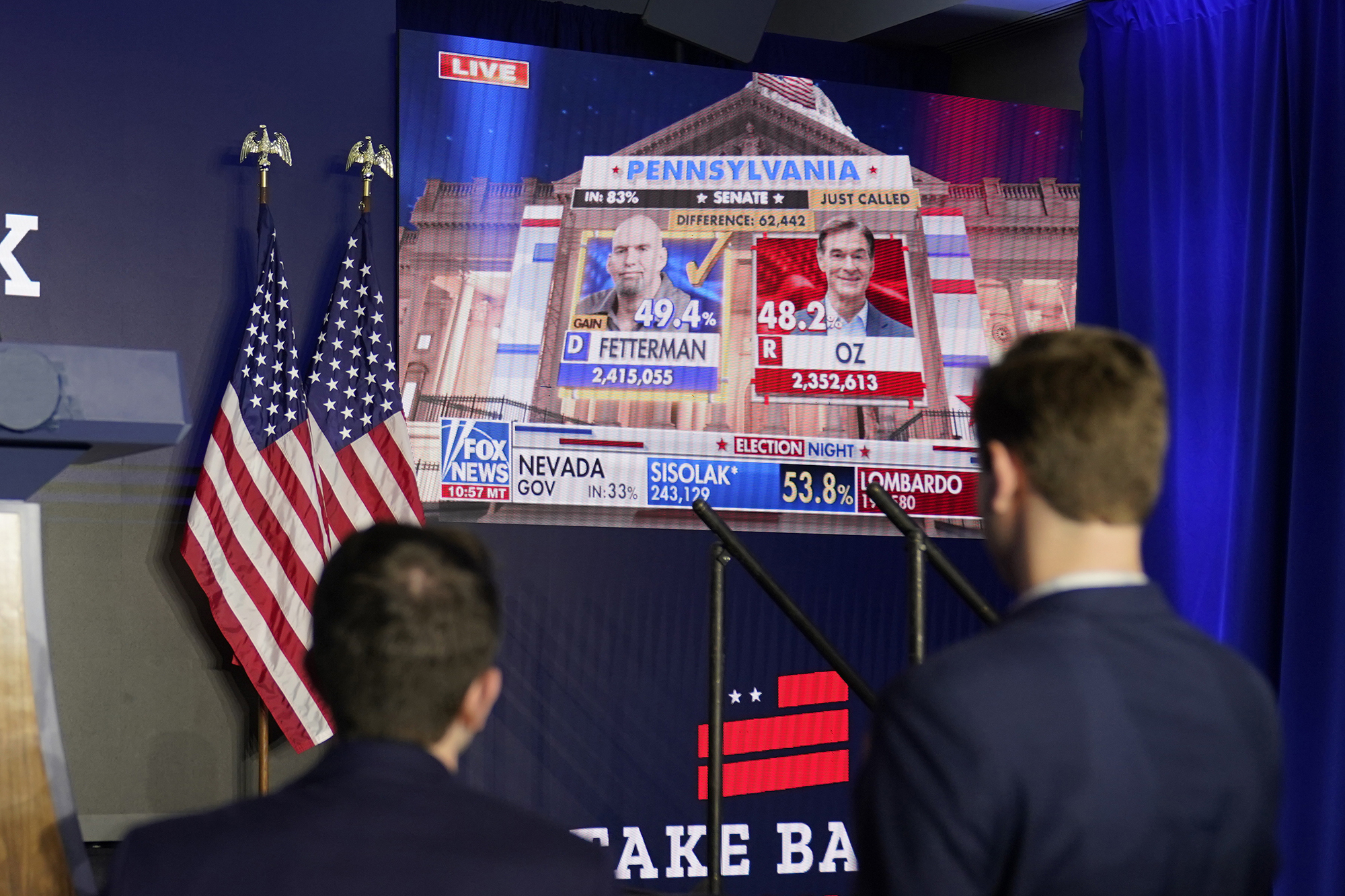German Election Results: Opposition Leader Merz Claims Victory
In a pivotal election round that took place on Sunday, German voters made their voices heard, prompting a declaration of victory from opposition leader Friedrich Merz. As exit polls emerged, they suggested that the far-right Alternative for Germany (AfD) has markedly increased its political power, achieving the most favorable results since the end of World War II.
Background Context
This election comes against a backdrop of considerable political challenges not just for Germany, but for Europe as a whole. Issues such as the implications of the new Trump administration, the ongoing Russia-Ukraine war, and rising anxieties over security and economic stagnation were prominent in the minds of voters.
Key Developments from the Election
- Chancellor Olaf Scholz Concedes Defeat: The incumbent Chancellor Olaf Scholz has faced a significant setback, acknowledging the heavy losses suffered by his party, stating it was a “bitter defeat” for the center-left Social Democrats (SPD).
- Merz Claims Victory and Aims for Coalition: Friedrich Merz, the leader of the center-right Christian Democratic Union (CDU/CSU Union Bloc), celebrated his projected electoral success and expressed his intention to form a governing coalition swiftly.
- Historic Surge for AfD: The exit polls highlighted that the far-right AfD party is set to achieve its most significant electoral result in the postwar era, solidifying its growing influence.
Election Results and Voter Turnout
The election results reflect a transition in party standings: the CDU/CSU Union Bloc is leading the electoral race, with the SPD expected to fall to third place, facing what could be its worst postwar election outcome.
Turnout was notably high, with around 52% of registered voters casting their ballots by 2 p.m. local time—a substantial increase compared to 36.5% at the same point in 2021, a year marked by significant absenteeism due to the pandemic. The total turnout in 2021 eventually reached 76.4%.
Polling and Voting Locations
Voting took place in diverse settings across Berlin, including schools, kindergartens, gyms, and retirement homes, alongside less conventional locations such as car dealerships, restaurants, and pubs. This election cycle also saw the ongoing counting of postal ballots, particularly in cities like Munich.
Coalition Possibilities: What’s Next for Germany?
Without any single party achieving an outright majority, the path forward for Germany’s governance will hinge on coalition negotiations. The conceivable coalition formations include:
- “Kenya Coalition”: A partnership involving the CDU/CSU (black), SPD (red), and Greens (green).
- “Germany Coalition”: A potential agreement between the CDU/CSU (black), SPD (red), and Free Democrats (yellow).
The previous coalition of SPD, Greens, and Free Democrats, informally known as the “traffic light coalition,” has disintegrated following Scholz’s loss in a no-confidence vote in late 2023.
The Role of New Voters and Migration Politics
Another noteworthy aspect of this election is the significant rise in newly naturalized voters. Many of these voters are descendants of the more than 1 million migrants who arrived in Germany in recent years, particularly through the Syrian refugee crisis. Syrian-born Germans, having fled their homeland’s conflict and oppression, are now actively participating in Germany’s democratic processes.
AfD’s Rise: Tactics and Controversy
The surge of the AfD in the current election outcome can be traced back to its initial rise during the migrant influx in 2015-16, where it gained traction by opposing further arrivals of migrants from nations such as Syria, Afghanistan, and Iraq. Since then, AfD has diversified its agenda to encompass other issues including climate policy, COVID-19 measures, and military involvement in Ukraine.
Despite its growth, mainstream political parties have maintained a strict “firewall” against collaborating with the AfD due to its perceived anti-democratic stance. This policy has come under scrutiny recently, especially after CDU leader Merz introduced a hardline migration proposal that garnered support from AfD, inciting public protests.
Reactions from Political Leaders and Institutions
The recent election results and the rising prominence of the AfD have elicited mixed responses from Germany’s political landscape. Notably, remarks from U.S. Vice President JD Vance, at the Munich Security Conference, questioned the effectiveness of political “firewalls,” igniting a controversy among German leaders who strongly support these principles against far-right parties.
Looking Forward
The future of Germany’s political landscape is poised for change. With coalition negotiations looming and the influence of the AfD rising prominently, citizens and political pundits alike are keenly observing how Germany will navigate the complexities of governance in the face of domestic and international challenges. The results of this election not only signify a shift in party power but also raise broader questions about Germany’s direction moving forward in a rapidly changing world.
As the dust from this election settles, the implications of these results will reverberate not just within Germany, but also throughout the European continent, affecting future policymaking and international relations.
